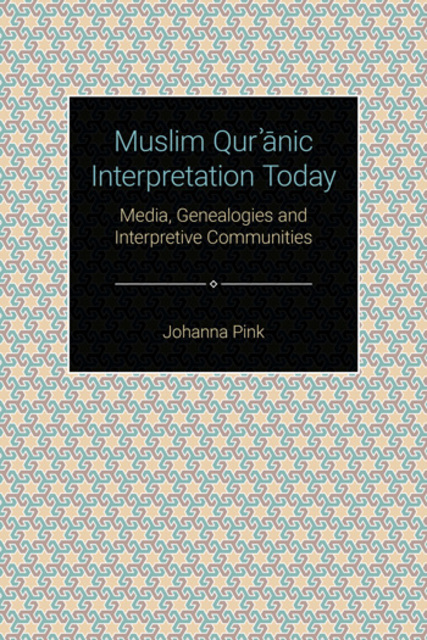Pink/Qurʾānic Interpretation, 6. The Global Qur'an in a Diverse World

Full description
The Qurʾān is today interpreted in many languages and all across the world. Every language has a bearing on the interpretation it delivers, but not all languages have the same status in religious as well as worldly terms. Moreover, languages and the educational systems that teach them are shaped by nation states. Qurʾānic interpretations are inextricably tied to these states’ institutions and discursive contexts. They also take place within interpretive communities that each have a specific idea of Islam, its sources and structures of authority: Sunni and Shiʿi Islam, Sufism or the Ahmadiyya movement, for example. The chapter examines the impact that the global spread of Islam and its diversity have on Qurʾānic interpretation. Negotiating the Boundaries of Islamicness through the Qur'an: Ali Adil Atalay Vaktidolu (b. 1936, Turkey) on Q, 2:21, Centre, Periphery and Hierarchies of Language, Nation States, State Buildings: The Indonesian Ministry of Religion on Q, 12: 54-5, Sunni and Shi'i Islam, Sufism, A Female Sufi Sheikh: Cemalnur Sargut (B. 1952, Turkey) on Q, 112, New Islamic Communities, The Ahmadiyya and the Death of Jesus: Disputes over Q, 3:55
- typeImage
- created on
- file formatjpeg
- file size149 KB
- container titleMuslim Qurʾānic Interpretation Today: Media, Genealogies and Interpretive Communities
- creatorJohanna Pink
- isbn9781781797051 (eBook)
- publisherEquinox Publishing Ltd.
- publisher placeSheffield, United Kingdom
- rightsEquinox Publishing Ltd.
- series titleThemes in Qur'anic Studies
- doi
We use cookies to analyze our traffic. Please decide if you are willing to accept cookies from our website. You can change this setting anytime in Privacy Settings.
